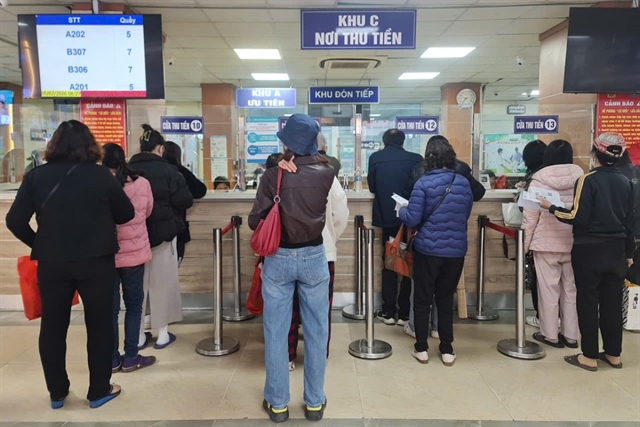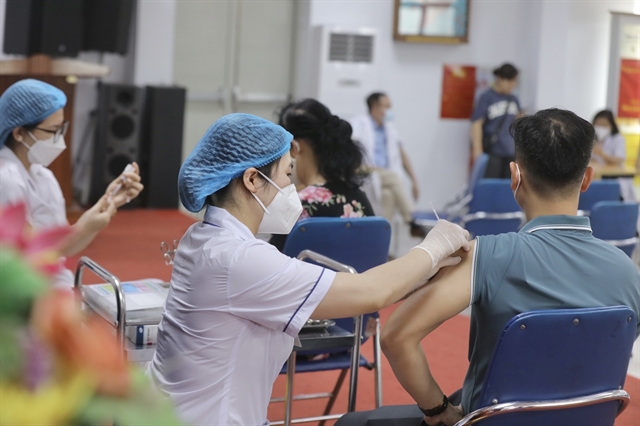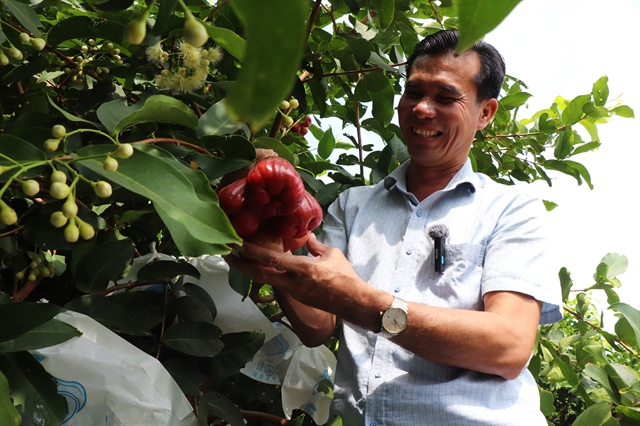 Society
Society


|
| The health ministry has recommended additional vaccination against COVID-19 as the sub-variant JN.1 continues to spread. — VNA/VNS Photo Minh Quyết |
HÀ NỘI — The Ministry of Health (MoH) has ordered facilities to continue collecting samples from COVID-19 patients for genome sequencing as various infections with the JN.1, an Omicron sub-variant, are detected in HCM City.
The ministry also called for additional vaccinations against coronavirus, especially as the winter weather accelerates the spread of respiratory diseases.
Speaking at a press meeting on the health sector on Friday, Dr Nguyễn Lương Tâm, deputy director of the General Department of Preventive Medicine (under the MoH), said there has been an increase in COVID-19 cases and respiratory illnesses, with many requiring hospitalisations.
Most patients admitted to HCM City hospitals are senior citizens and have underlying health conditions, while younger patients show mild symptoms.
JN.1 has been classified as a ‘variant of interest’ by the World Health Organisation (WHO).
Tâm said: “The JN.1 variant is considered to have the ability to decrease vaccine effectiveness and to evade the human immune system.
“However, the WHO also said that there is currently no evidence that this variant is more hostile or can cause more severe illness than the previous ones, and its risks to the global public health are deemed low.”
The WHO recommends additional booster shots for high-risk groups such as medical workers, children, senior citizens and those with underlying conditions.
Hygiene and epidemiology institutes, the Pasteur Institute and hospitals directly under the health ministry are required to collect patient samples from the more severe cases for the early detection of new variants and pathogens.
Addressing the meeting, Deputy Health Minister Nguyễn Thị Liên Hương said the sector has continued its achievements during the pandemic and effectively responded to emerging diseases.
Policies and frameworks are being perfected to ensure health insurance benefits for the people, while preventive medicine and grassroots health care also witnessed improvements.
Hương added that in 2024, the health sector will continue facing challenges from increasing non-communicable diseases, the ageing population, climate change, urbanisation and globalisation.
There is also a very high risk of infectious diseases during the Tết (Lunar New Year) holiday season.
To proactively prevent and control these diseases, particularly respiratory illnesses, the health ministry recommends that people wear face masks and avoid going outdoors during extreme weather. They should also visit a medical facility when having unusual health symptoms. — VNS




